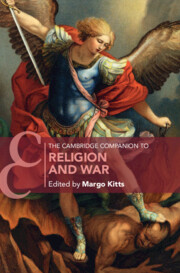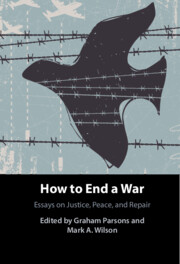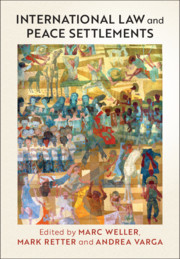In this essay, I reflect on the divergent arguments about limited force made by Daniel R. Brunstetter and Samuel Moyn in their respective monographs. Arguing that their positions can be reconciled, I agree with Brunstetter that limited force has a role to play in establishing and maintaining a just world order. At the same time, however, I am mindful of Moyn's warning that limited force may lead to perpetual war. The way to ensure that limited force both works toward justice and does not result in perpetual war, I argue, is to focus more on considerations of jus ante bellum (right before war) and jus post bellum (right after war), the so-called “growing edges of just war theory.” I hold that the responsible use of statecraft, which just war thinking seeks to inform, accepts that limited force constitutes a legitimate tool to facilitate order, justice, and peace. However, any justifiable use of force must be restrained and limited and aim for a just peace. The embrace of limited force should thus be complemented with an effort by state leaders to bolster the edges of just war in order to facilitate a security environment that requires the use of limited force less frequently.


